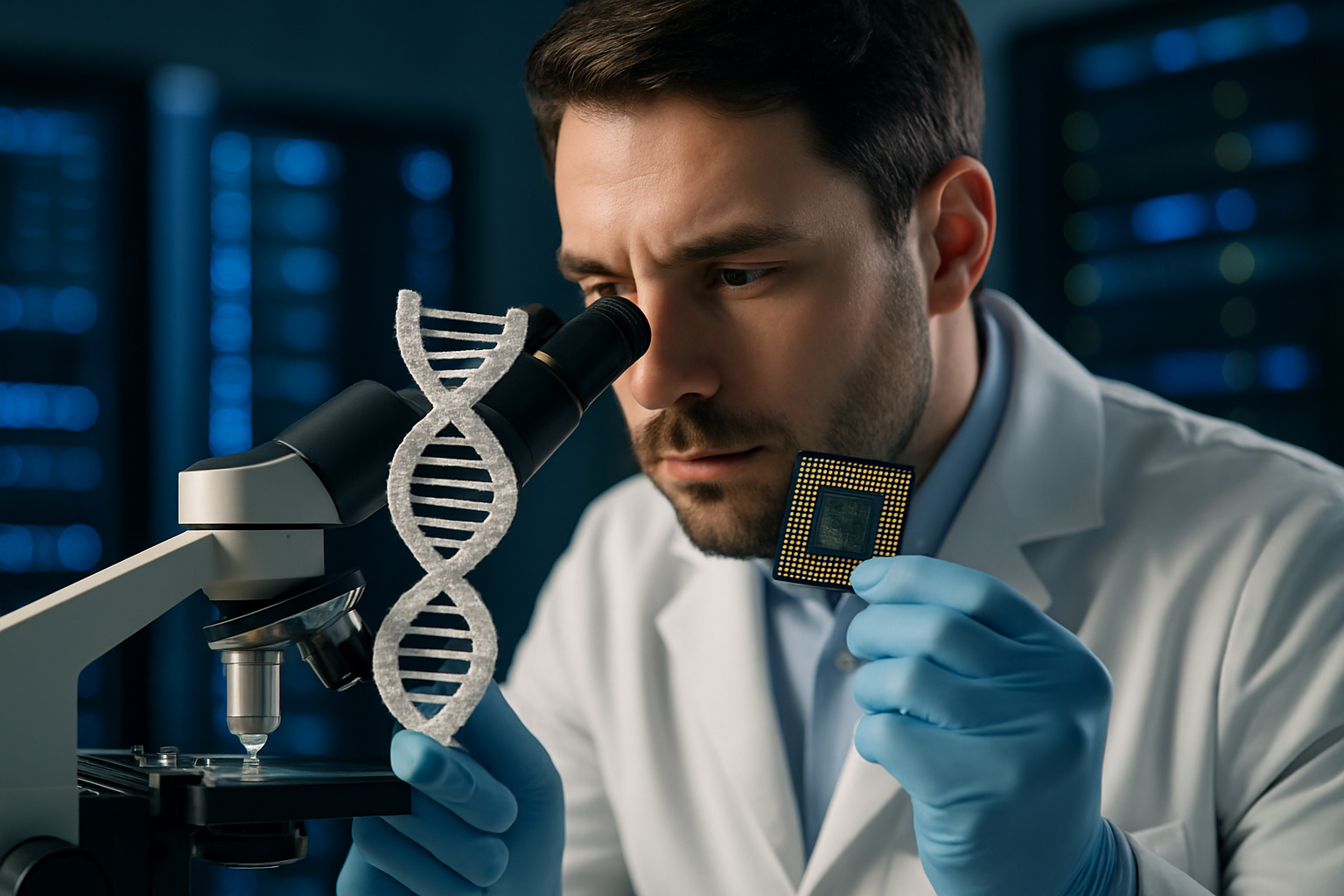Legal Implications of Synthetic Biology: A New Frontier
Introduction: Synthetic biology, a cutting-edge field merging biology and engineering, is reshaping our understanding of life itself. As scientists push the boundaries of genetic manipulation, lawmakers and ethicists grapple with unprecedented legal challenges. This article explores the intricate legal landscape surrounding synthetic biology and its far-reaching implications for society, industry, and the future of human innovation.

Current Legal Framework
The existing legal framework for regulating synthetic biology is a patchwork of laws and regulations that were not specifically designed for this emerging field. In the United States, oversight is primarily shared between the Environmental Protection Agency (EPA), the Food and Drug Administration (FDA), and the Department of Agriculture (USDA). Each agency regulates different aspects of synthetic biology based on existing statutes. For instance, the EPA regulates synthetic microorganisms under the Toxic Substances Control Act, while the FDA oversees synthetic biology products intended for human consumption or medical use.
Intellectual Property Challenges
One of the most contentious legal issues in synthetic biology is intellectual property rights. The ability to patent living organisms or their components raises complex questions about the nature of invention and ownership. The landmark 1980 U.S. Supreme Court case Diamond v. Chakrabarty set a precedent by allowing the patenting of genetically modified organisms. However, as synthetic biology pushes the boundaries of what can be considered “natural” versus “artificial,” the legal system faces new challenges in determining what is patentable.
Biosafety and Biosecurity Concerns
The potential risks associated with synthetic biology have led to calls for stringent regulations to ensure biosafety and biosecurity. Lawmakers must balance the need for innovation with the imperative to protect public health and the environment. Current discussions center around developing comprehensive risk assessment frameworks, establishing containment protocols, and implementing robust monitoring systems. The Cartagena Protocol on Biosafety, an international agreement, provides some guidance, but many argue that it is insufficient for addressing the unique challenges posed by synthetic biology.
Ethical and Moral Considerations
As synthetic biology advances, it raises profound ethical questions that the legal system must address. The ability to create or modify living organisms challenges our fundamental understanding of life and raises concerns about “playing God.” Legal frameworks must evolve to consider these ethical dimensions, potentially leading to new forms of regulation that go beyond traditional risk assessment. Some jurisdictions are exploring the concept of “dignity of creation” as a legal principle to guide synthetic biology research and applications.
International Governance and Harmonization
The global nature of scientific research and the potential for synthetic biology products to cross borders necessitate international cooperation in governance. Currently, there is no comprehensive international framework specifically addressing synthetic biology. Efforts are underway to harmonize regulations across countries, but significant disparities remain. The Convention on Biological Diversity has initiated discussions on synthetic biology, but binding international agreements are yet to be developed.
Future Legal Landscape
As synthetic biology continues to advance, the legal landscape will need to evolve rapidly. Experts anticipate the development of new regulatory frameworks specifically tailored to synthetic biology. These may include novel approaches to risk assessment, expanded definitions of biological containment, and more nuanced intellectual property regimes. There is also growing interest in participatory governance models that involve diverse stakeholders in shaping the legal and ethical guidelines for synthetic biology research and applications.
In conclusion, synthetic biology presents a unique set of legal challenges that push the boundaries of existing regulatory frameworks. As this field continues to evolve, lawmakers, scientists, and ethicists must work together to develop robust, flexible, and forward-thinking legal structures. These structures must balance the immense potential of synthetic biology with the need to safeguard public health, environmental integrity, and ethical principles. The legal response to synthetic biology will likely shape not only the future of this field but also our broader approach to regulating emerging technologies in the 21st century.






